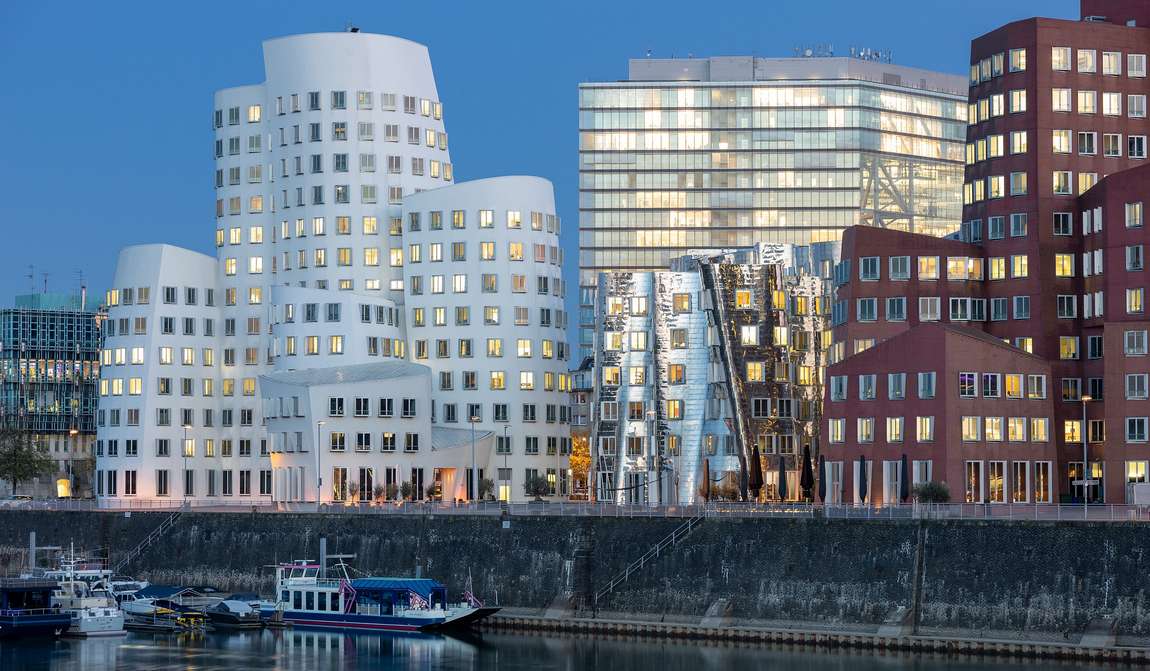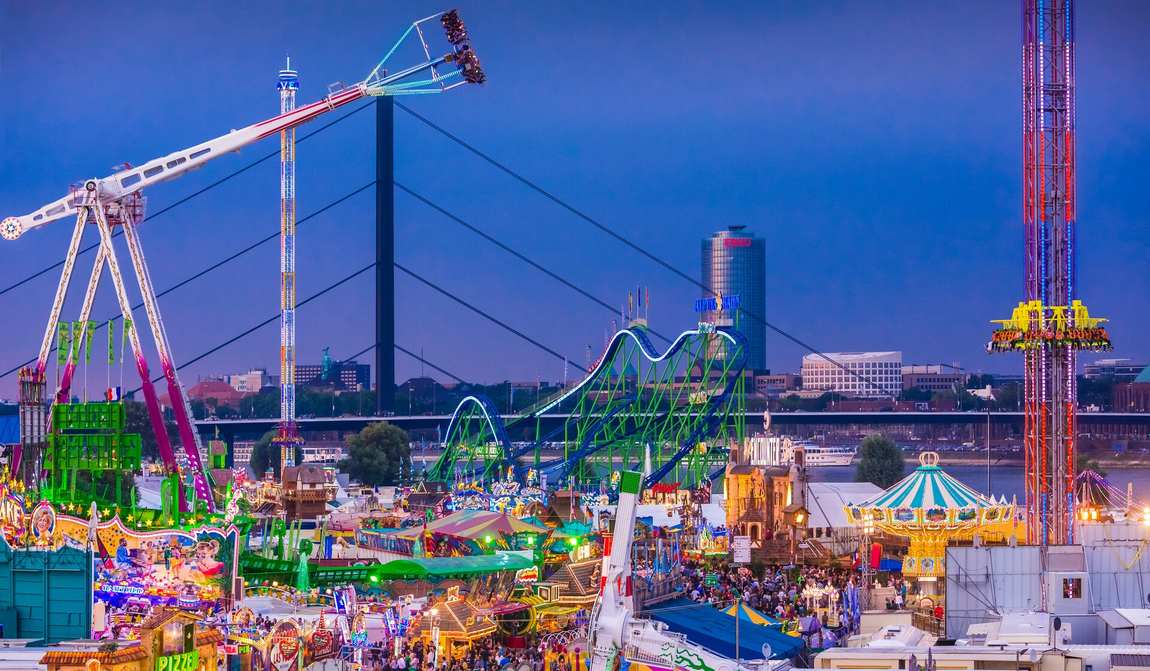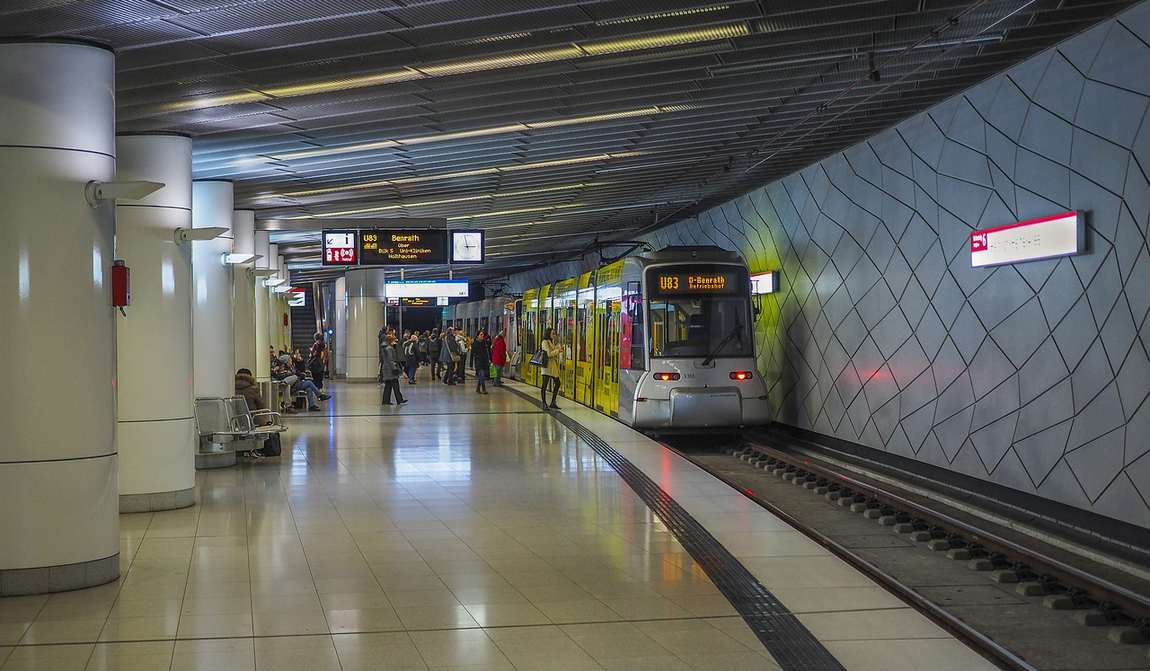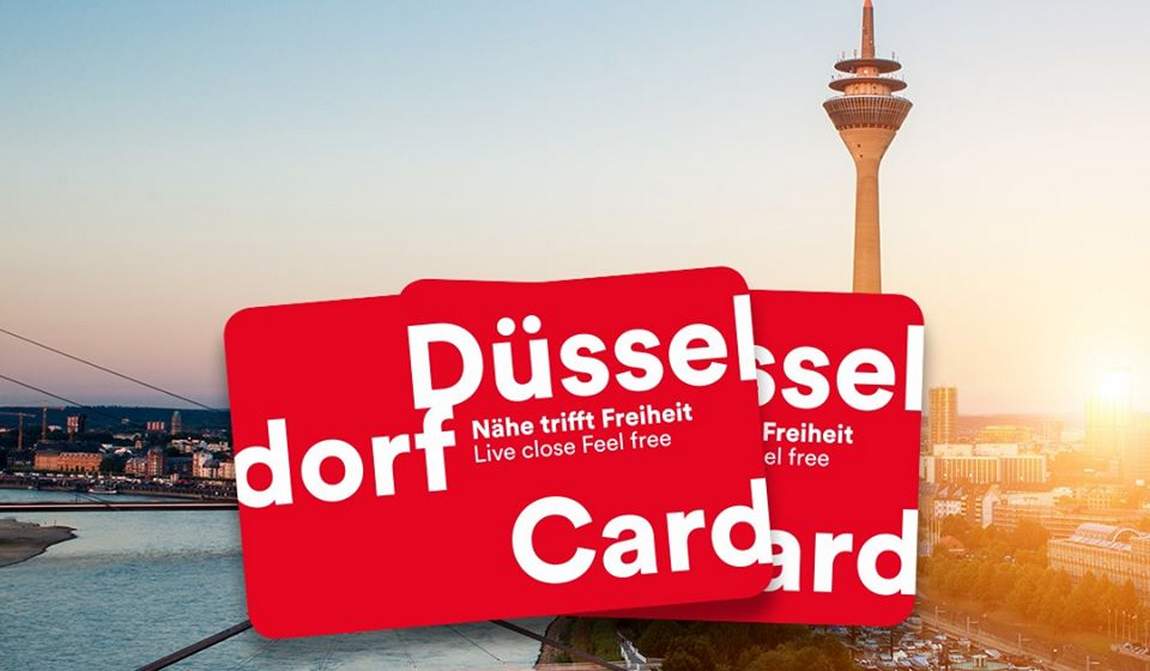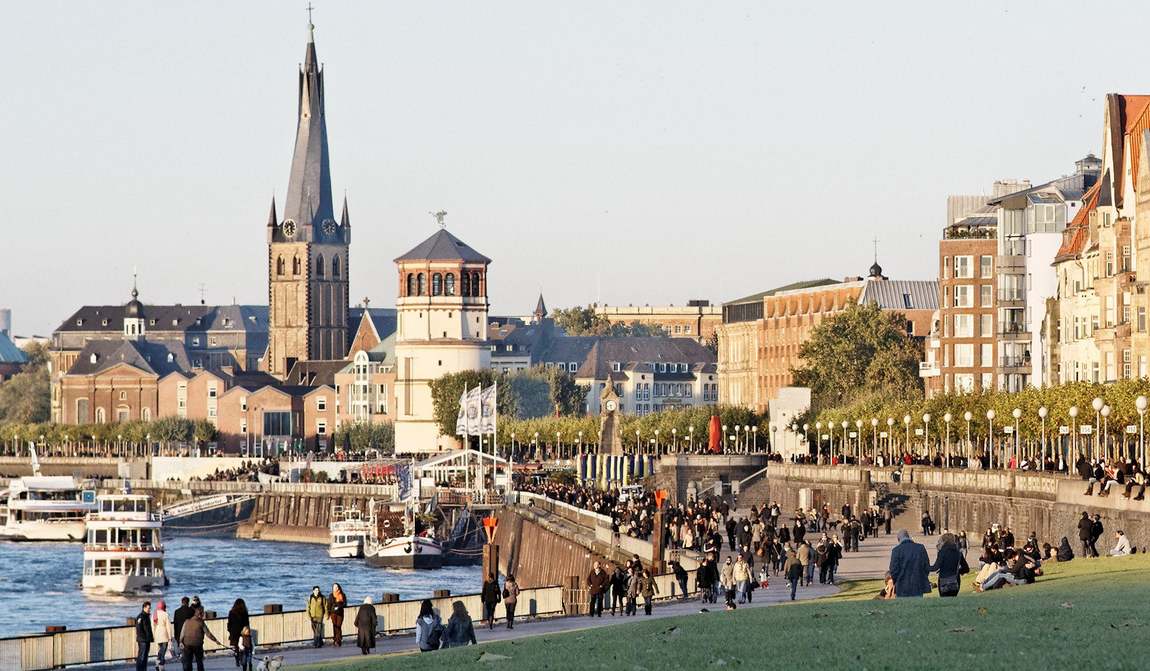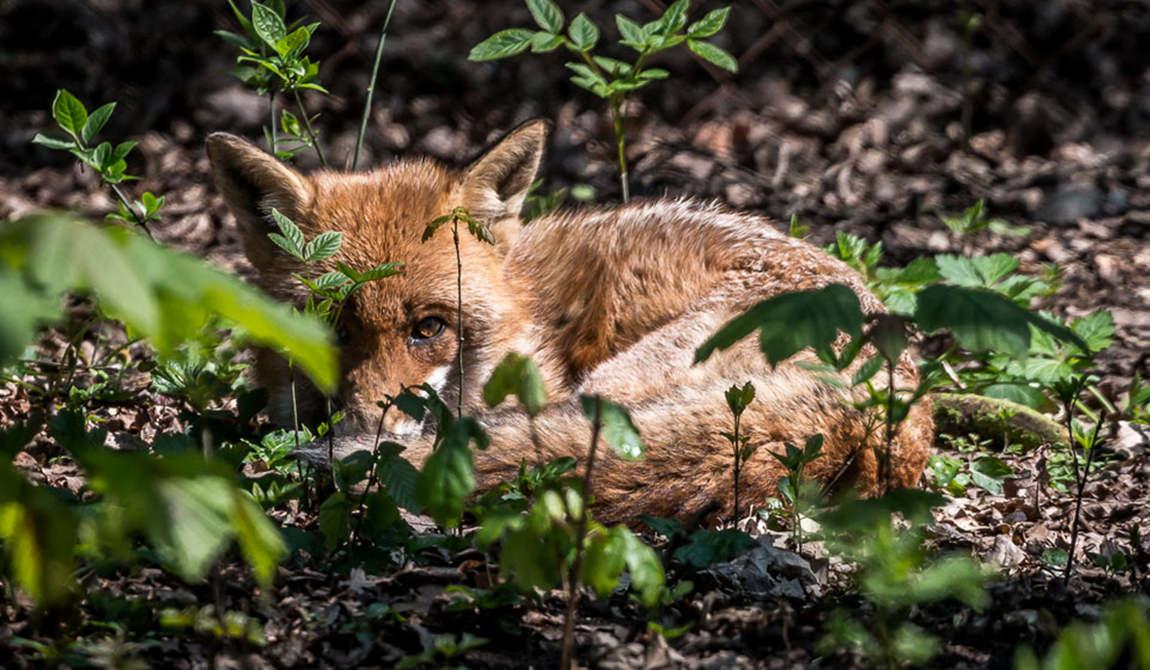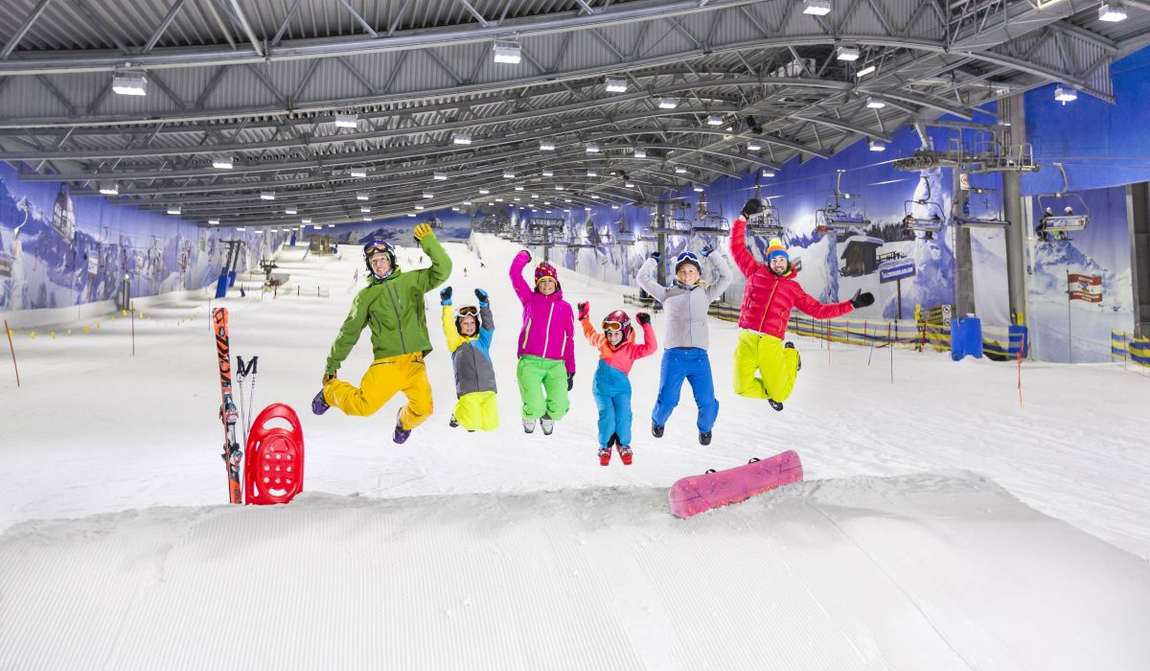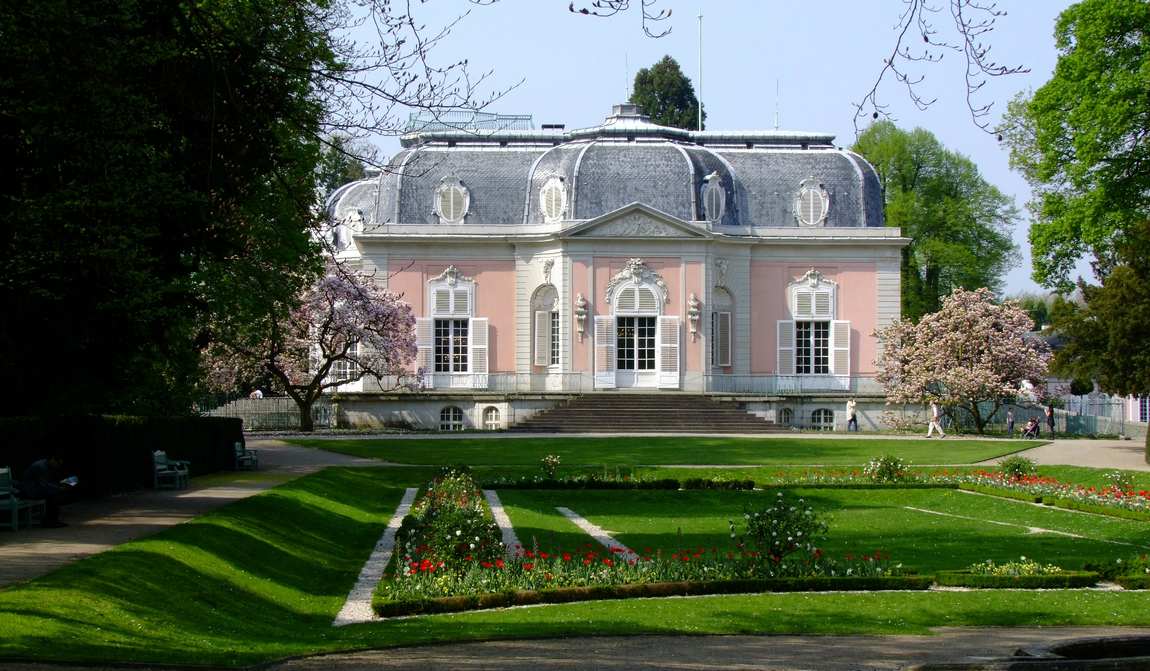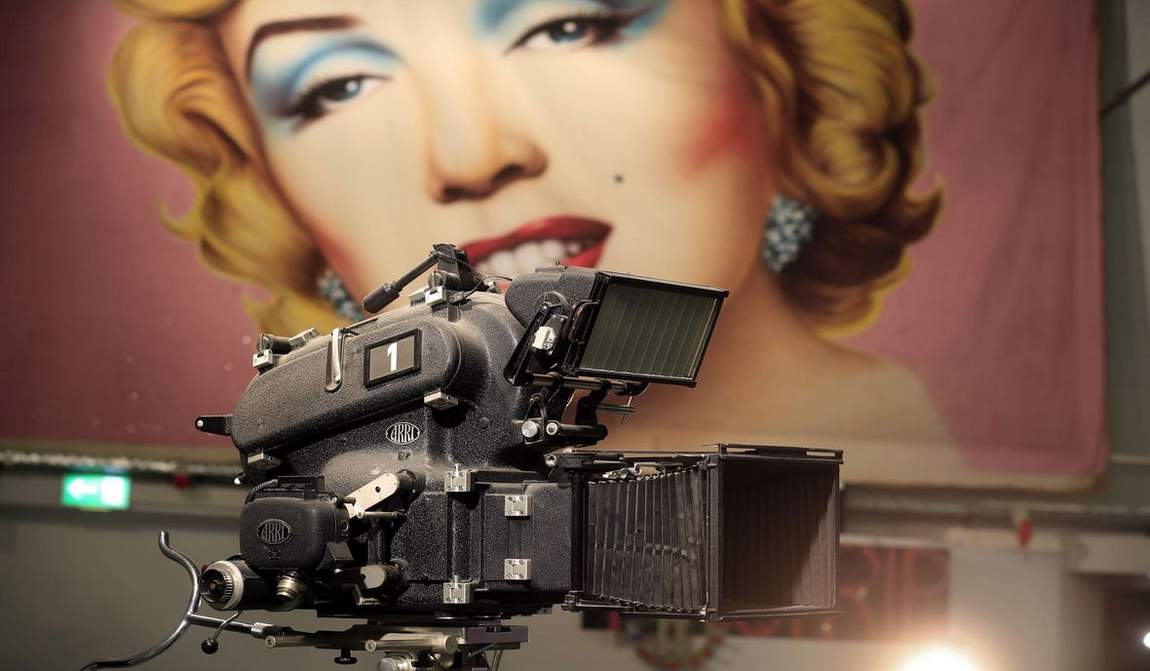The old German city of Düsseldorf bears little resemblance to the small fishing village it was 800 years ago. Napoleon Bonaparte once called Dusseldorf "un petit Paris", but today it is a stylish, modern but very cosy and welcoming city on the banks of the Rhine. A family holiday here is a great way to combine a city break with a break from the hustle and bustle of the big cities.
Find out all you need to know about holidays with children in Düsseldorf in our Kidpassage overview.
Düsseldorf on the map of Germany
The city of Düsseldorf is one of Germany's largest economic and cultural centres and the administrative centre of the German state of North Rhine-Westphalia.
It is located in western Germany at the confluence of the river Düsseldorfer and the river Rhine. The distance from Düsseldorf to Berlin is 567 km, from Hamburg 400 km, from Cologne 45 km, from Frankfurt am Main 228 km.
Germanic tribes lived on the banks of the river Dussel, where Düsseldorf is located, at least a thousand and a half years ago. In the 12th century the village of Dusseldorp arose here, and a century later it became a town, although it remained a small settlement.
It was not until the 19th century that Düsseldorf began to develop actively, and after the Second World War the city became the centre of the state of North Rhine-Westphalia, earning it the nickname 'the writing desk of the Ruhr'. This was due to the fact that factories and plants were located around the city, while Düsseldorf remained an administrative centre.
Düsseldorf for Kids
Do you consider yourself to be open to experimentation? If so, a trip to Düsseldorf will do you good. It's not a typical old town full of monuments, but a living space where you can find both the old and the brave.
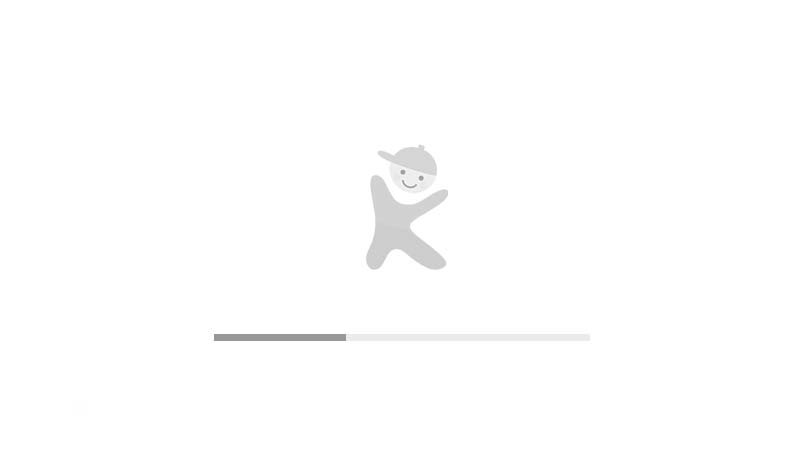
It is advisable to stay in Düsseldorf with children for more than a day or two. A couple of days is enough for a quick tour of the old town and a few museums. And it's important to leave time to explore the city, which is full of activities for children.
Nearby Düsseldorf is home to a huge amusement park, Legoland Centre, a large water park, several zoos and even a ski resort. It's hard to imagine a more carefree and fun way to spend time with your child.
There are not many activities for children in Düsseldorf itself. There isn't much in the way of standard activities.
But there are plenty of unusual ones: watching the city clock, where Schneider Wiebbel works, the peculiar clock on the Rheinturm television tower, and walking through the 'architectural zoo', the Mediagavanee. Children have very good memories of Düsseldorf because of these unusual sights.
As for the hotels, they are memorable for their comfort and high standards of service. Although there are very few family hotels in Düsseldorf, it is easy to find a quiet place to stay with your baby.
Best time to travel

A holiday with children in Düsseldorf can be planned at any time of the year. If the weather forecast is anything to go by, the best time to go is early autumn. September can be warm or cool, but it will almost certainly be sunny.
The peak tourist season in Düsseldorf is in the summer. Although the city is not as overcrowded as Berlin or Munich, it is still quite busy. Walking and sightseeing can be spoilt by rain, but the mild summer weather is suitable for a holiday with a toddler in Düsseldorf.
In the winter, the city is once again full of tourists in the run-up to Christmas.
Children will love Düsseldorf's Christmas markets, with their lights, carousels and gingerbread figures. A giant live Christmas tree is erected on the market square near the town hall, and hundreds of stalls selling sweets and souvenirs are open throughout the city.
Before planning your trip, check the city's events calendar to see when it's best to visit Düsseldorf.
Without checking the calendar, you can plan your trip for July, when the Düsseldorfer Rheinkirmes, a fair in the Niederkassel district, is held in a park on the banks of the Rhine. The park has fun rides and attractions for children.

It's also fun to visit Düsseldorf on 11 November, when the city's carnival begins. The main carnival events take place in November and February, culminating in a colourful parade.
Weather and climate
The sky over Düsseldorf adds a special touch to the city's skyline. It's usually covered in clouds, and the sun doesn't often peek out from behind them. On cloudy days, however, it's pleasant to walk around, especially as the city doesn't experience extreme temperatures in either summer or winter.
Düsseldorf enjoys a temperate climate with cool summers, pleasant off-seasons and mild winters. Which season do you prefer?
Late spring and summer is the wettest time of the year. This doesn't mean you have to stay in a hotel, but there's a chance of drizzle or downpours while you're on holiday. Each summer month there are five to six days of rain, 12 to 13 cloudy days and the same number of sunny days.
Summer in Düsseldorf starts in June. The average day temperature is +20°C, with values ranging from +15°C to +25°C.
July is much the same, except that the average temperature rises to +22-23°C. August is slightly hotter, with occasional highs of +30°C, but average temperatures are around +23-25°C.
September gets cooler, but the number of clear days increases. The average temperature is +19°C, but 'Indian summer' is not uncommon in Düsseldorf. As most of the tourists go home at this time, September is the best time to take your children on holiday in Düsseldorf.
Temperatures can drop to +12-13°C in October and +7-8°C in November. Rainfall is rare, but the sky is almost always overcast. From December to February, Düsseldorf experiences winter. The air cools down to +2-6°C, the wind blows over the clouds and sometimes it rains.
If you're planning a Christmas holiday in Düsseldorf, a good autumn jacket will suffice; children need a hat too.
Spring takes over in March. The air warms up to +10°C and temperatures rise steadily from day to day. In April, the thermometer reaches 14°C and May heralds summer with an average temperature of just +18°C.
Food
Visitors to Düsseldorf are rarely restricted to hotel meals. Hotels are usually limited to continental breakfasts, and lunch and dinner can be eaten in restaurants, cafés and sidewalk eateries. The choice ranges from gourmet restaurants to inexpensive snack bars with only beer and snacks on the menu.
Don't miss the Düsseldorf Altbier. The dark, slightly sweet and aromatic drink is poured into small, thin-walled glasses, just like the Kelch, Cologne's main rival.
And the children always enjoy the fresh and fragrant Düsseldorf pastries.
Instead of the traditional German sausage (and even in place of lunch), your child will enjoy a warm and crispy "Flammkuchen", a cake with onion, bacon and cream cheese. And you can buy marzipan figures and other sweets at the famous Heinemann confectionery.
Another quick snack popular in Düsseldorf and Cologne is the Halve Hahn sandwich. The recipe is simple: a rye bun, gouda cheese, mustard and pickle. Sometimes the bun is topped with onions and a sprinkling of paprika.

And as Düsseldorf is home to a large Japanese community, you can dine in Japanese restaurants and try the unadapted Japanese dishes of the Land of the Rising Sun.
Getting Around
Düsseldorf's public transport system, like the rest of Germany's, is praised for its punctuality and convenience. Five S-Bahn lines, seven Stadtbahn lines, 11 tram lines and 92 bus routes weave a dense network around the city, keeping you on schedule and getting you where you want to go with ease.

A single ticket is valid for all public transport in Düsseldorf. A short journey (up to three stops) costs €1.90, a 90-minute journey with connections within Zone A costs €3. Tickets for children aged 6 to 14 cost €1.80.
For unlimited travel during the day, a day pass costs €7.60 per person.
It is also possible to buy such a ticket for more people and it is even cheaper. In comparison, a two-person ticket costs €11.40 and a three-person ticket costs €15.20. Two-day passes are also available from €14.40.
Tickets are sold from ticket machines at bus stops, from bus drivers and on trams, which also have ticket machines. To buy the right ticket, you need to know the different types:
K is a ticket for short journeys;
A — a ticket for travel within Düsseldorf, with which you can also travel to the airport;
B — a ticket for a journey of up to 120 minutes within the immediate vicinity of Düsseldorf;
C — regional ticket for a journey of up to 180 minutes with a transfer;
D — ticket for travel within the Rhein-Ruhr region.
The DüsseldorfCard is recommended for free or reduced entry to the most popular museums and to avoid paying for public transport.

A 24-hour ticket for a single person costs €11.9, a 48-hour ticket costs €17.9, a 72-hour ticket costs €23.9 and a 96-hour ticket costs €29.9. For a group of up to 3 people or a family (2 adults plus 2 children up to 14 years) you can buy this card for €19.9, €29.9, €39.9 and €49.9 respectively. Occasionally 3 and 4 day tickets are available for 10-15% less.
Taxis are a convenient way to get around Düsseldorf. There are plenty of taxi ranks in the city centre and you can hail a taxi by phone. Taxis are not metered, but it's not customary to haggle over prices. Taxis charge an average of €2.2 per kilometre, plus an extra €4.5 for the driver.
It is pleasant and comfortable to travel around the city by car. There are no traffic jams in Düsseldorf, parking is always free and you can rent a car at the airport or on arrival.
If you are travelling to Düsseldorf in your own car, you will need to obtain an environmental sticker for your vehicle from vehicle registration authorities, vehicle inspection centres (e.g. DEKRA or TÜV Rheinland) or authorised service stations. You can order the sticker online.
 [email protected]
[email protected]


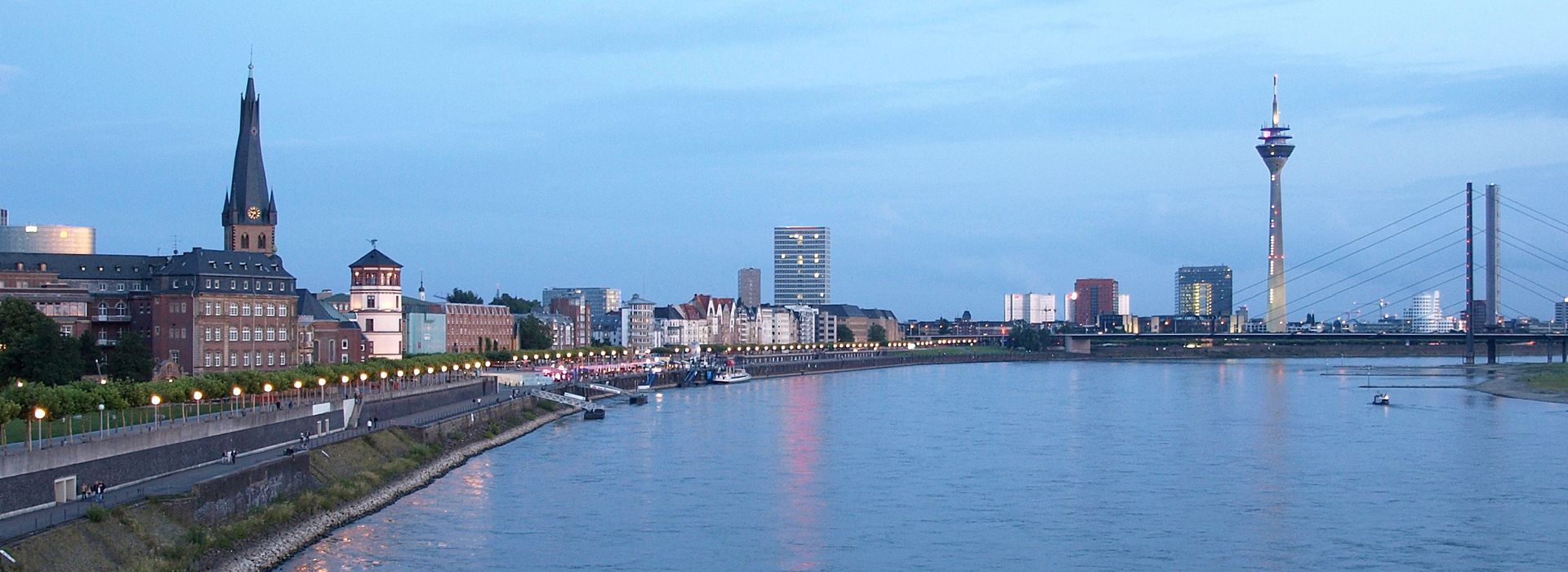
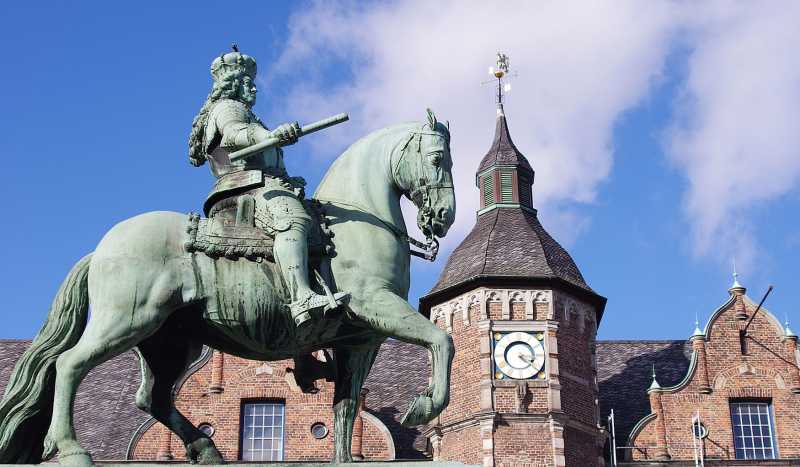


.jpg)
